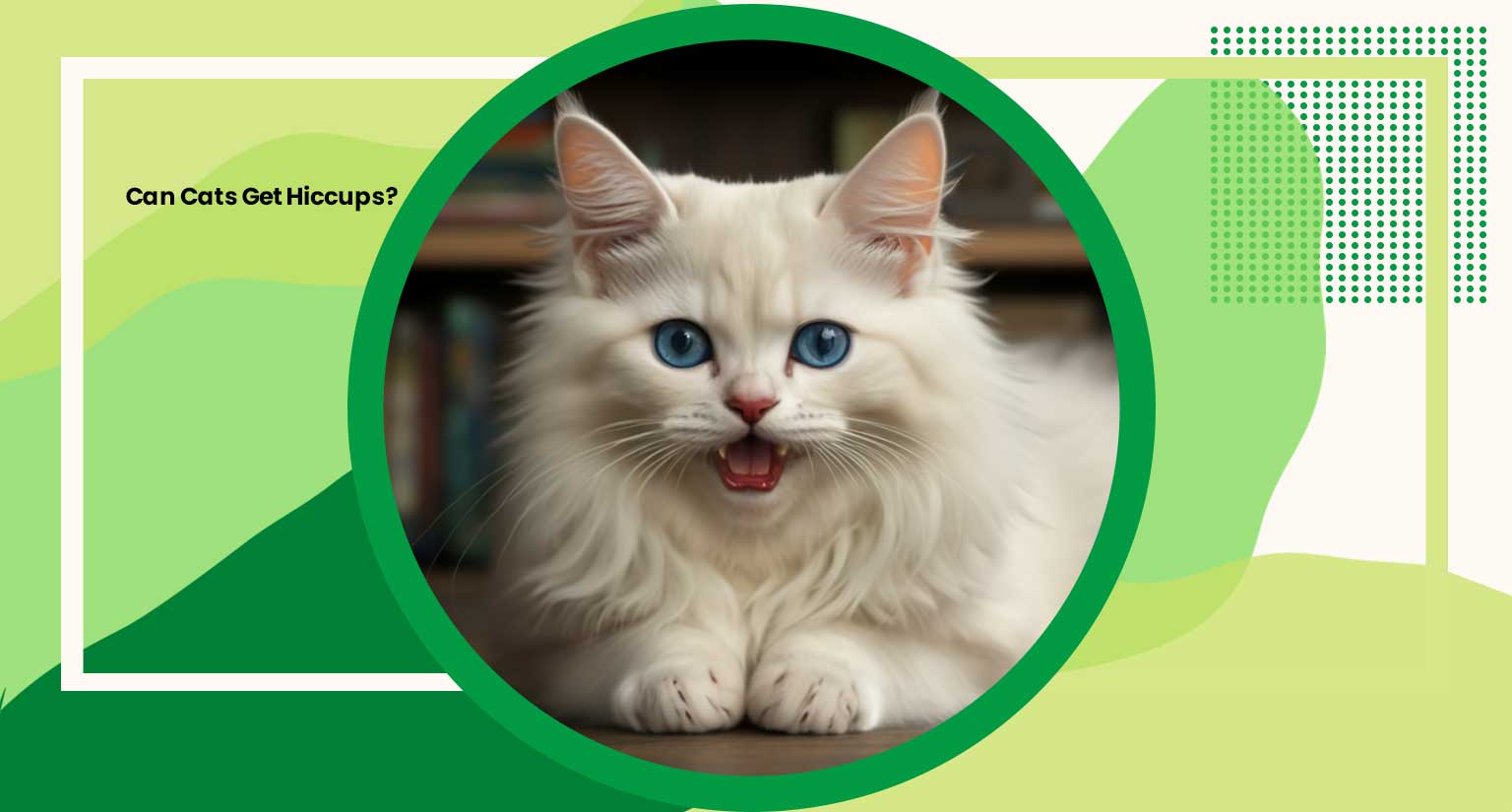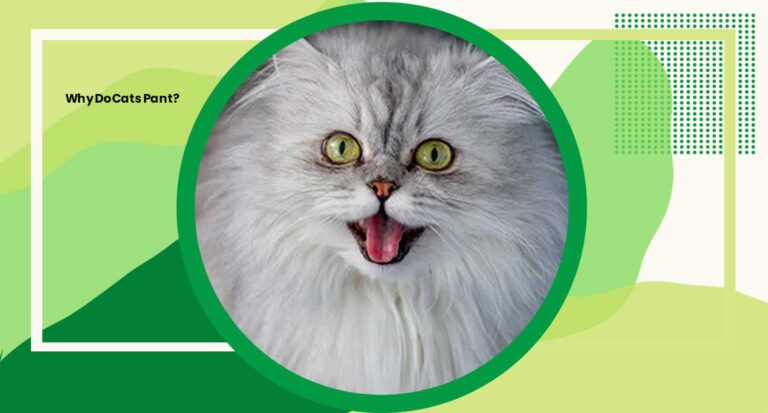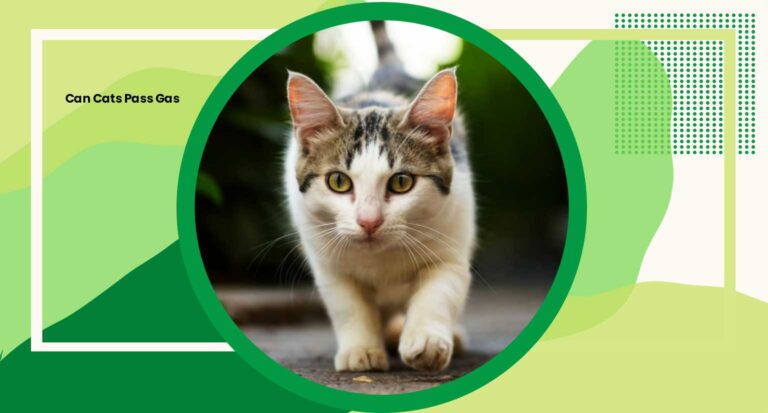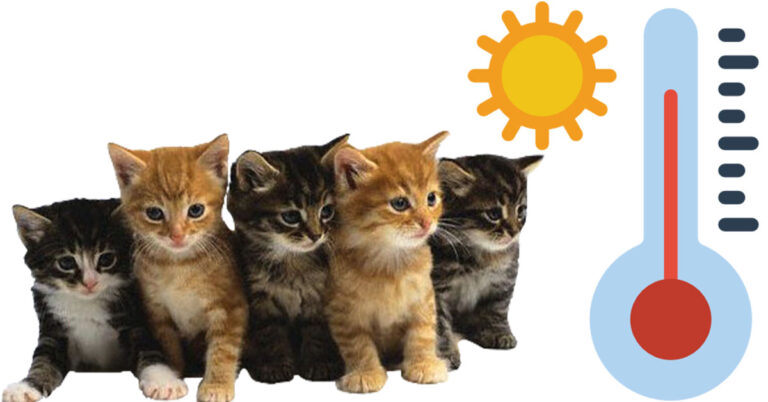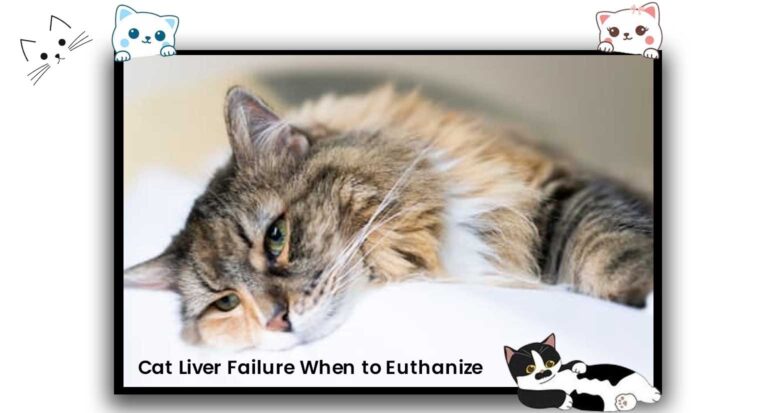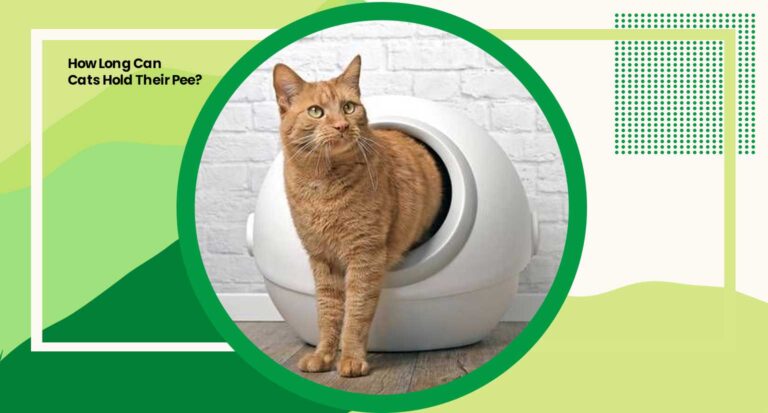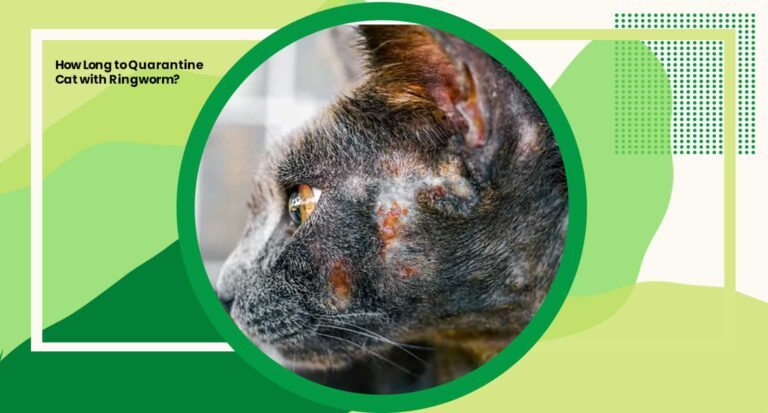Can Cats Get Hiccups? 7 Fascinating Insights into Feline Health
The curious world of feline physiology as we explore the question, can cats get hiccups? While often associated with humans, feline hiccups raise intriguing inquiries into our beloved pets’ health and habits.
From playful kittens to dignified seniors, understanding this phenomenon sheds light on our furry companions’ well being. Unravel the mysteries behind cat hiccups and gain insight into their causes and implications.
10 Causes Of Cats Get Hiccups
Air Swallowing
One common cause of hiccups in cats is air swallowing, especially during rapid eating or drinking.
Eating Too Quickly
Cats that eat too quickly may also ingest air along with their food, leading to hiccups.
Stress or Anxiety
Stress or anxiety can trigger hiccups in cats, similar to humans experiencing nervous hiccups.
Sudden Temperature Changes
Cats may experience hiccups when subjected to sudden temperature changes, such as moving from a warm environment to a cold one.
Gastrointestinal Issues
Gastrointestinal problems, such as indigestion or stomach irritation, can lead to hiccups in cats.
Hairballs
Excessive grooming leading to the ingestion of hairballs can cause irritation in a cat’s throat, resulting in hiccups.
Eating Unusual Objects
Cats are notorious for ingesting non food items, which can irritate their digestive tract and induce hiccups.
Respiratory Infections
Respiratory infections, such as bronchitis or pneumonia, can cause coughing fits that may resemble hiccups in cats.
Feline Asthma
Feline asthma, a common respiratory condition in cats, can sometimes manifest as spasms that resemble hiccups.
Underlying Health Conditions
Hiccups in cats can occasionally be a symptom of underlying health conditions, such as neurological disorders or organ dysfunction.
Understanding the various causes of hiccups in cats can help pet owners address and alleviate this discomfort effectively.
What To Do If Your Cat Has Hiccups?
Stay Calm
First and foremost, it’s essential to remain calm if you notice your cat experiencing hiccups. Cats can sense their owner’s anxiety, which may exacerbate the situation.
Monitor the Hiccups
Keep an eye on the frequency and duration of the hiccups. If they persist for an extended period or seem particularly severe, it may be wise to consult your veterinarian.
Create a Calm Environment
Ensure that your cat is in a quiet and comfortable environment. Reduce any potential stressors or sources of anxiety that may be contributing to the hiccups.
Offer Water
Providing your cat with a small amount of water may help alleviate hiccups caused by dryness or irritation in the throat. Ensure the water is clean and fresh.
Monitor Eating Habits
Observe your cat’s eating habits and ensure they are not consuming food too quickly. Consider using slow feeders or dividing meals into smaller, more frequent portions to prevent air swallowing.
Address Underlying Health Issues
If your cat experiences frequent or prolonged hiccups, it may be indicative of an underlying health issue. Schedule a veterinary check up to rule out any potential medical concerns.
Consult Your Veterinarian
If you’re unsure about the cause of your cat’s hiccups or if they persist despite home remedies, seek guidance from your veterinarian. They can provide personalized advice and recommend appropriate treatment options.
Avoid Stressful Situations
Avoid subjecting your cat to stressful situations or environmental changes that may trigger anxiety and contribute to hiccups. Provide a safe and secure space for your cat to relax and unwind.
By taking proactive steps and maintaining a vigilant eye on your cat’s well-being, you can effectively manage and address hiccups when they occur.
Do Cat Hiccups Go Away?
Yes, cat hiccups typically go away on their own and are usually not a cause for concern. Similar to human hiccups, cat hiccups are often brief and resolve spontaneously without any intervention. However, the duration and frequency of hiccups can vary depending on the underlying cause and individual cat.
Potential Duration of Cat Hiccups
Most cat hiccups last for a short duration, usually just a few minutes, before subsiding on their own. In some cases, hiccups may persist slightly longer, but they typically resolve within a short period.
Factors Influencing Hiccup Duration
Several factors can influence the duration and frequency of cat hiccups, including.
Cause
The underlying cause of the hiccups can affect how long they last. Hiccups triggered by temporary factors, such as air swallowing or excitement, may resolve more quickly than those caused by underlying health issues.
Health Status
Cats with underlying health conditions, such as respiratory infections or gastrointestinal issues, may experience hiccups that last longer or recur more frequently. Addressing the underlying health issue can help alleviate hiccups and prevent them from returning.
Stress and Anxiety
Hiccups triggered by stress or anxiety may persist until the cat feels calm and relaxed. Minimizing stressors and providing a soothing environment can help shorten the duration of stress induced hiccups.
When to Seek Veterinary Attention?
While cat hiccups are usually harmless and self limiting, there are instances where veterinary attention may be necessary.
Persistent Hiccups
If your cat’s hiccups persist for an extended period or occur frequently, it may indicate an underlying health issue that requires evaluation by a veterinarian.
Accompanying Symptoms
If your cat experiences other symptoms alongside hiccups, such as difficulty breathing, lethargy or decreased appetite, prompt veterinary attention is warranted to rule out any serious medical conditions.
Behavioral Changes
Significant changes in your cat’s behavior or demeanor, such as vocalizations of distress or signs of discomfort, should prompt a veterinary evaluation to determine the underlying cause.
In summary, while cat hiccups typically go away on their own and are not a cause for alarm, it’s essential to monitor your cat’s health and behavior closely. If you have any concerns about your cat’s hiccups or overall well being, don’t hesitate to consult your veterinarian for guidance and assistance.
Conclusion
In conclusion, the question, Can cats get hiccups? reveals the intricacies of our feline friends physiology. While hiccups in cats may be uncommon, they are indeed possible and often benign. Understanding the potential causes and addressing any underlying issues ensures the well being of our beloved pets.
By remaining vigilant and attentive to their health, we can provide the care and support they need to thrive. Cat hiccups deepen our connection with our furry companions and enhance our role as responsible pet owners.

